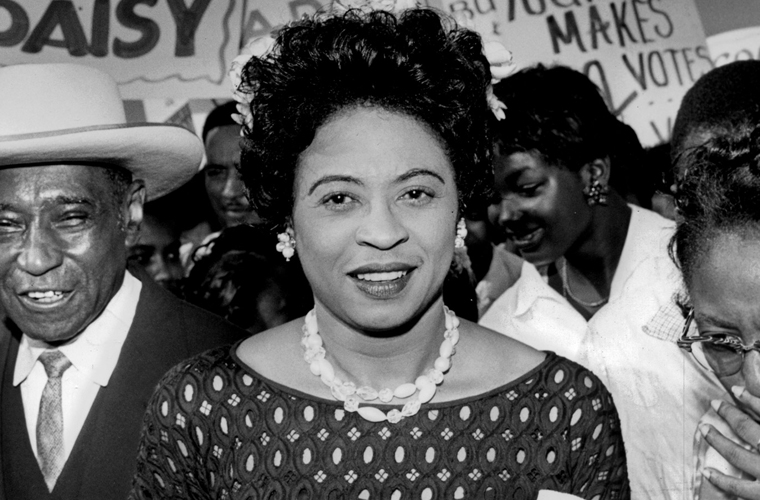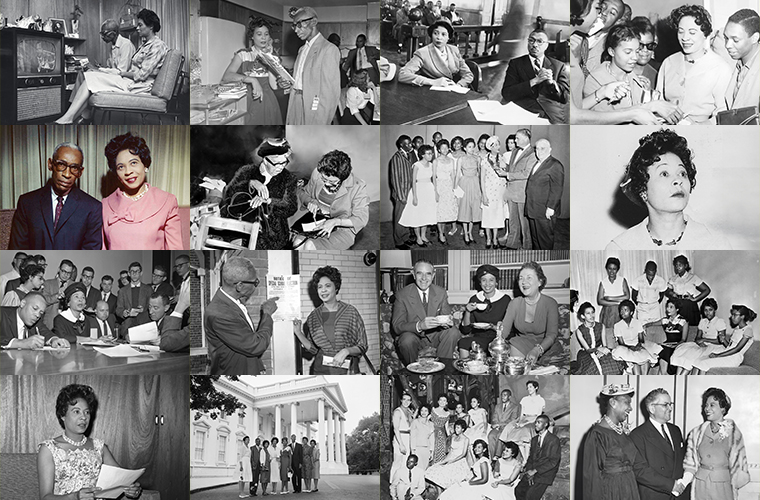Daisy Bates, an influential figure in the civil rights movement, played a pivotal role in the fight for equality and justice in the United States. Her tireless efforts and unwavering dedication to the cause made her a trailblazer in the pursuit of civil rights for African Americans. This article aims to shed light on the life and accomplishments of Daisy Bates, highlighting her significant contributions to the advancement of civil rights. Born on November 11, 1914, in Huttig, Arkansas, Daisy Lee Gatson Bates grew up in a racially segregated society. Despite the challenges she faced due to her race, Bates refused to be silenced or marginalized. She recognized the power of education and pursued her studies at Shorter College in North Little Rock, Arkansas. This was just the beginning of her journey towards becoming a prominent figure in the civil rights movement.
Bates married L.C. Bates, a journalist and civil rights activist, in 1942. Together, they founded The Arkansas State Press, a newspaper that served as a platform for African Americans to voice their concerns and fight against racial discrimination. The newspaper became an influential tool in raising awareness about civil rights issues and promoting social change.
One of Bates’ most notable contributions was her involvement in the Little Rock Nine crisis. In 1957, nine African American students were selected to integrate Little Rock Central High School in Arkansas. The decision sparked a wave of resistance and violence from white supremacists and segregationists. Bates played a crucial role in supporting and protecting these brave students, ensuring their safety, and advocating for their right to education.
Bates’ efforts did not go unnoticed. She received recognition and accolades for her work, including the prestigious Spingarn Medal from the NAACP in 1958. Her commitment to civil rights also led to her appointment as an advisor on minority affairs by President Lyndon B. Johnson. Throughout her life, Bates continued to fight for equality and justice. She remained active in various civil rights organizations and used her platform to advocate for social change. Her contributions extended beyond racial equality, as she also fought for women’s rights and economic empowerment for marginalized communities.
Daisy Bates passed away on November 4, 1999, leaving behind a legacy that continues to inspire generations. Her unwavering determination and courage in the face of adversity serve as a reminder of the power of activism and the importance of fighting for what is right.
In conclusion, Daisy Bates was a remarkable individual who dedicated her life to the pursuit of civil rights. Her contributions to the movement were instrumental in challenging racial segregation and advocating for equality. Through her activism and leadership, she paved the way for future generations to continue the fight for justice and equality. Daisy Bates will forever be remembered as a trailblazer and an inspiration to all those who strive for a more inclusive and just society.


